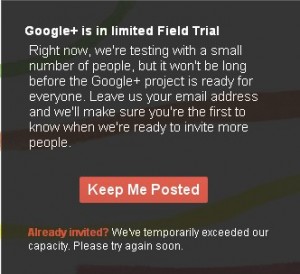
I know, I know, I Knol – This isn’t exactly news, but I wanted to wait a bit before I rang in on Knol’s potential impact on Oregon Copywriters and SEO Pros. The truth is, we’ve recently created Knols for several clients and the result has been that the targeted keyword search terms we used displayed at a higher ranking in search results for the Knols than they did for the original content (rewritten) which carried the exact same keywords. And the search results appeared overnight. What does this all mean for small businesses and the Oregon Copywriters and SEO Pros they may hire to write their Knol?
Well, they jury is still out on that one. Here’s what the Christian Science Monitor had to say:
But for some, it’s[Google Knol] a stretch – not technologically, but ethically.
…With each foray into content, it raises concerns about conflict of interest with its original function as unbiased search engine – concerns that Google search would be disposed to point to Google content first.
…Google keeps secret the algorithms that rank search results, meaning that users are left to trust the company not to favor its own burgeoning content over others.
…the project overlaps needlessly with existing online encyclopedias, including Wikipedia, Citizendium, and Squidoo.
…Knol allows anyone to write encyclopedia pages …each page, or knol, will have a signed author and may include his or her point of view.
…The author may put advertising on the knol, with revenues shared by the author and Google.
…Within days of Knol’s launch, some knols showed up in Google’s top 10 search results for certain keyword queries…
…content could be “scraped” off another page … dumped onto a knol, and show up higher on Google’s search results than the original … What’s more, a Google algorithm clearly noted the original page, but still ranked the knol higher.
…Despite the concerns, there is no conclusive evidence that Google has ever favored its own content…




